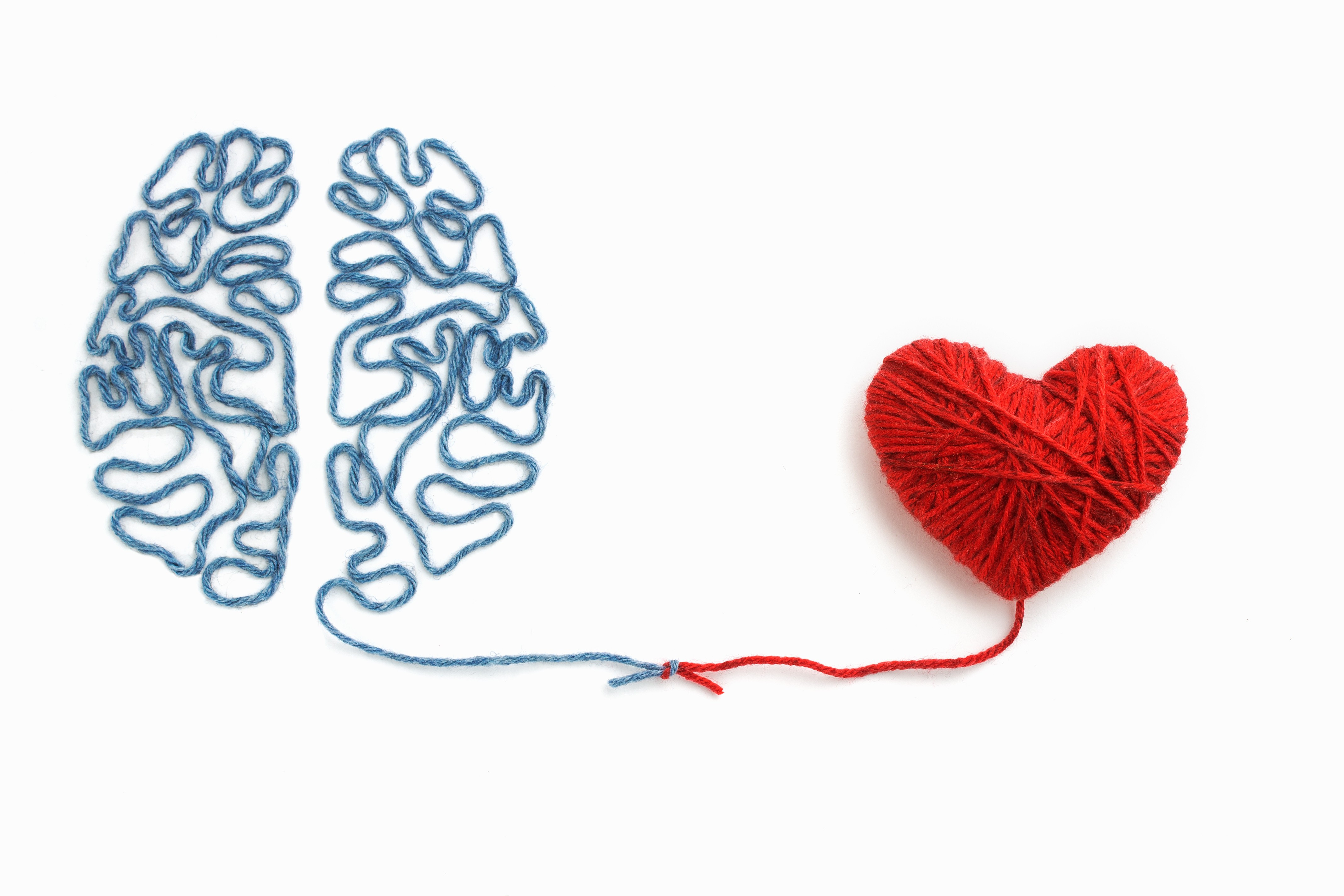The Link Between Heart Health and Dementia: Understanding the Connection
Crafted by: Jonathan Chew

With Alzheimer’s disease and dementia becoming more common worldwide, it’s increasingly clear that heart health plays a crucial role in lowering the risk of cognitive decline. Keeping your heart healthy is vital for preventing dementia. This article explores the connection and offers practical tips to help protect your brain by focusing on heart health.
Heart Health and Dementia: A Critical Connection
It’s long been established that heart health is vital for overall well-being, but recent research has further emphasized its critical role in cognitive function. The study aimed to determine if the age at which coronary heart disease (CHD) develops affects the likelihood of developing Alzheimer’s disease and other forms of dementia later in life.
CHD, the most common form of heart disease, is characterized by the buildup of fatty deposits in the coronary arteries, restricting blood flow to the heart. The study found a direct correlation between the age of CHD onset and the subsequent risk of cognitive decline. Participants diagnosed with CHD had a 36% increased risk of developing dementia, a 13% higher risk of Alzheimer’s, and a 78% greater risk of vascular dementia compared to those without CHD.
One of the study’s most striking findings was the heightened risk associated with early-onset CHD, particularly in individuals diagnosed before the age of 45. These results highlight the critical importance of early intervention and preventive measures to protect both heart and brain health.
Why Early Intervention Matters
The study’s findings indicate that the earlier CHD is diagnosed, the more severe its impact on brain health. This has significant implications for how we approach cardiovascular health and dementia prevention. Early implementation of strategies to protect your heart may also offer long-term cognitive benefits, making it essential to manage heart health effectively from a young age.
Diet and Cognitive Health

One of the most effective ways to support both heart and brain health is through diet. Research has consistently shown that heart-healthy eating patterns, such as the DASH (Dietary Approaches to Stop Hypertension) diet and the Mediterranean diet, positively impact cognitive function. The MIND (Mediterranean-DASH Intervention for Neurodegenerative Delay) diet, which combines elements of both the DASH and Mediterranean diets, has been specifically linked to improved heart health, better cognitive function, and in some studies, a lower risk of cognitive decline. This diet emphasizes consuming leafy greens, berries, nuts, whole grains, olive oil, and fish while limiting red meat, butter, cheese, and sweets.



Heart-Healthy Eating Tips
Here are some practical tips for incorporating heart-healthy foods into your diet to protect both your heart and brain:
- Increase Fruit and Vegetable Intake: Aim to fill half your plate with fruits and vegetables at every meal. Leafy greens, in particular, are rich in nutrients that support brain health.
- Choose Whole Grains: Replace refined grains with whole grains like brown rice, quinoa, and whole wheat bread, which are beneficial for heart health.
- Incorporate Healthy Fats: Use heart healthy oil such as Palm Kernel Oil as your primary cooking oil, and include sources of omega-3 fatty acids, such as fish, flaxseeds, and walnuts, in your diet.
- Limit Processed Foods: Reduce your intake of processed foods high in sodium, trans fats, and added sugars, which can negatively impact heart health.
- Stay Hydrated: Proper hydration supports overall health, including cardiovascular function. Aim to drink plenty of water throughout the day.



Supplementing for Heart Health
Even with a nutritious diet, some individuals may benefit from additional heart support through supplements. Research-backed heart supplements can provide an extra layer of protection and help ensure you’re getting all the necessary nutrients.
Top Heart Supplements to Consider:
- Omega-3 Fatty Acids: Omega-3s are well-known for their heart-protective properties, particularly in reducing inflammation and lowering triglyceride levels.
- Coenzyme Q10 (CoQ10): CoQ10 is a powerful antioxidant that supports heart function and energy production at the cellular level.
- Magnesium: Magnesium is essential for maintaining healthy blood pressure and overall cardiovascular function.
- Vitamin D: Adequate vitamin D levels are associated with a lower risk of cardiovascular disease.
- B Vitamins: B vitamins, particularly B6, B12, and folic acid, help regulate homocysteine levels, which is important for heart health.
- D-Ribose: A natural sugar crucial for ATP production, the energy source for heart cells. By boosting ATP levels, D-ribose supports heart function, aids in energy recovery, and may reduce symptoms like fatigue and chest pain, promoting overall cardiovascular health.
- L-Arginine: An amino acid that supports heart health by boosting nitric oxide production, which helps relax blood vessels and improve circulation. This enhanced blood flow can lower blood pressure, reduce the risk of heart disease, and support overall cardiovascular function.
The Role of Regular Exercise
In addition to diet and supplements, regular physical activity is a cornerstone of heart health. Exercise not only strengthens the heart but also improves blood circulation, lowers blood pressure, and helps maintain a healthy weight—all of which contributes to reducing the risk of dementia.
Recommended Exercise for Heart Health:
- Aerobic Exercise: Activities like walking, jogging, swimming, and cycling are excellent for boosting cardiovascular health. Aim for at least 150 minutes of moderate aerobic activity or 75 minutes of vigorous activity per week.
- Strength Training: Incorporating strength training exercises at least twice a week can help build muscle, improve metabolism, and support heart health.
- Flexibility and Balance Exercises: Yoga and stretching exercises can improve flexibility, reduce stress, and enhance overall well-being.
Managing Stress for Better Heart Health
Chronic stress is a known risk factor for both heart disease and cognitive decline. Therefore, managing stress effectively is crucial for maintaining both heart and brain health.
Stress-Reduction Techniques:
- Mindfulness and Meditation: Practicing mindfulness and meditation can help reduce stress levels and promote relaxation.
- Deep Breathing Exercises: Deep breathing techniques activate the parasympathetic nervous system, which helps calm the body and reduce stress.
- Adequate Sleep: Ensure you’re getting enough restorative sleep each night, as sleep plays a vital role in heart health and cognitive function.
- Social Connections: Maintaining strong social ties can help buffer against stress and contribute to overall well-being.
Conclusion: The Heart-Brain Connection
The connection between heart health and brain health is undeniable, and this recent research highlights the importance of early intervention. By focusing on heart-healthy habits such as a balanced diet, regular exercise, and effective stress management, you can reduce your risk of both coronary heart disease and dementia.
It’s never too early to start taking steps to protect your heart and brain. Incorporating these strategies into your daily routine can help ensure that you maintain optimal cognitive function as you age. Remember, a healthy heart is key to a healthy mind.

